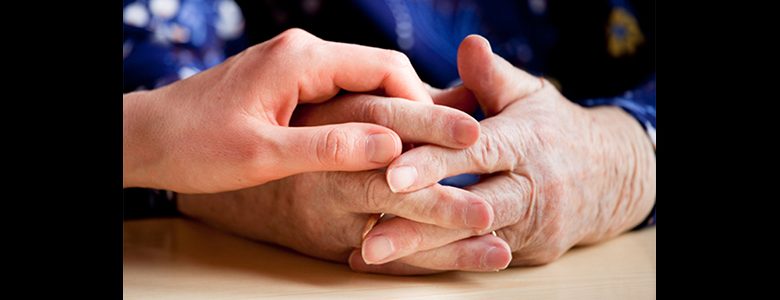
Helping to cope with death and bereavement
Sad as it is, death and dying is a part of life that someday we will all have to deal with – and indeed, something that we will all go through in the end. When someone you know dies it can be an all-too-real reminder of your own mortality, as well as sad to think that you won’t ever spend time with them again.
Even if the deceased wasn’t especially close to you, an unexpected death can often feel traumatic even if you haven’t seen someone in a long time or the link between you is tenuous. For those in social work jobs, care jobs and medical jobs, even being involved in the death of someone you don’t know at all can take its toll.
One of the most important steps to help in coping with death or bereavement is to talk about it; whether that’s with your friends, members of your family or a trained bereavement counsellor.
A counsellor might be able to give you the time and space to talk about your loss in a way that might be tough to ask of your friends and family – and as it’s someone you don’t know, you’ll find less pressure to keep a proverbial stiff upper lip, which might prevent you from fully exploring your feelings.
If you’ve recently lost someone close to you, sometimes your inclination to get out and about and stay active can wane. As counter-intuitive as it might seem, keeping up your hobbies and interests can be really helpful.
They can serve to distract you from your negative feelings and keep you interacting with other people whose company will help you to heal.
If your grief following a death or bereavement has begun to seriously affect your life in the long term then your GP may consider prescribing anti-depressants, to help lift your mood and allow you to cope better.
Alternatively, services such as Samaritans are able to provide a listening ear at any time of the day or night, and specialist services exist for those bereaved of a child, bereaved by suicide or widowed. They are able to offer advice and support from the early stages of registering a death and the necessary paperwork to connecting people with local support groups months or years later.
Get in touch by messaging us on Facebook, tweeting us @DHorizons, emailing us at editor@disabilityhorizons.com or leaving your comments below.